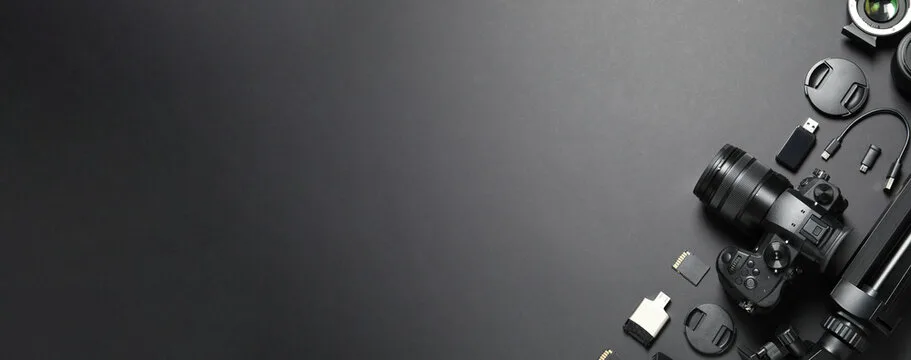
Blog
Canon Unveils the EOS C80: A Cinema-Grade Camera in a Compact Mirrorless Form
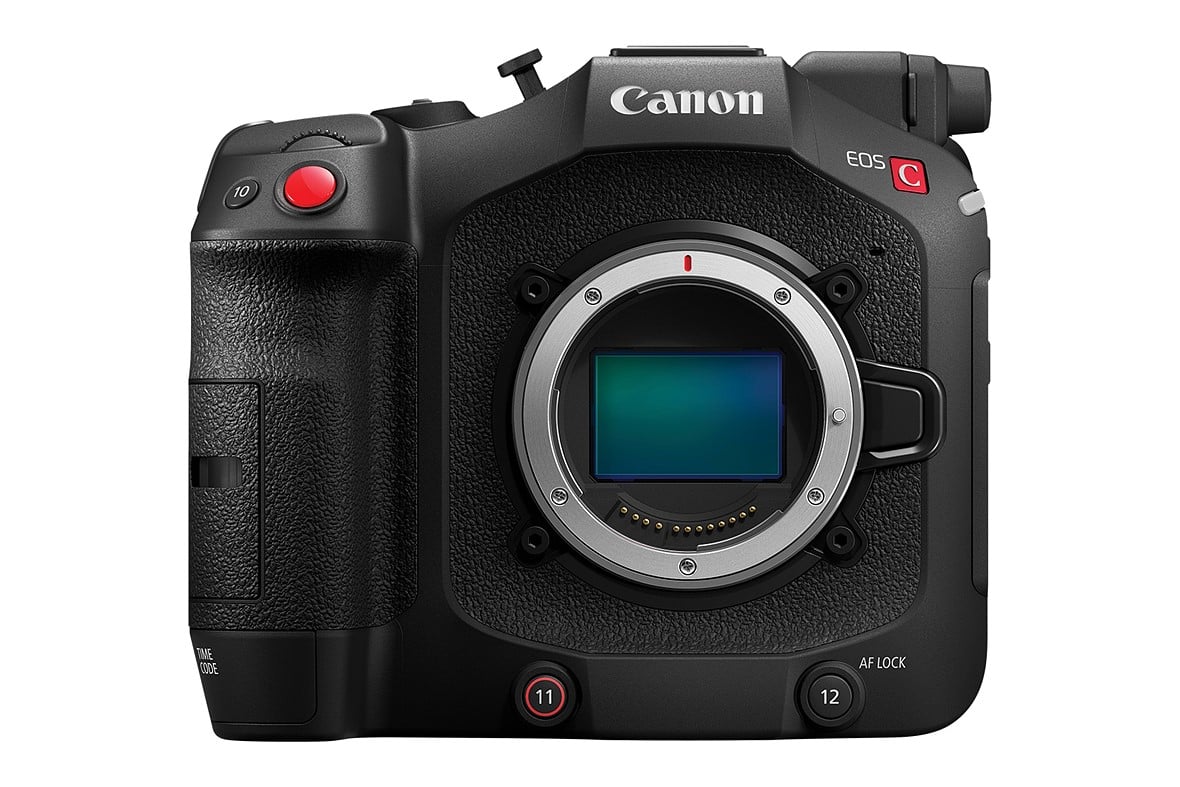
Canon has introduced its latest addition to the Cinema EOS lineup, the EOS C80, a powerful cinema camera housed in a mirrorless-style body. This camera, featuring a 26MP full-frame Stacked CMOS sensor, is set to become a favorite among independent filmmakers and small production houses. With its versatile RF lens mount, the C80 is poised to offer enhanced video capabilities and usability.
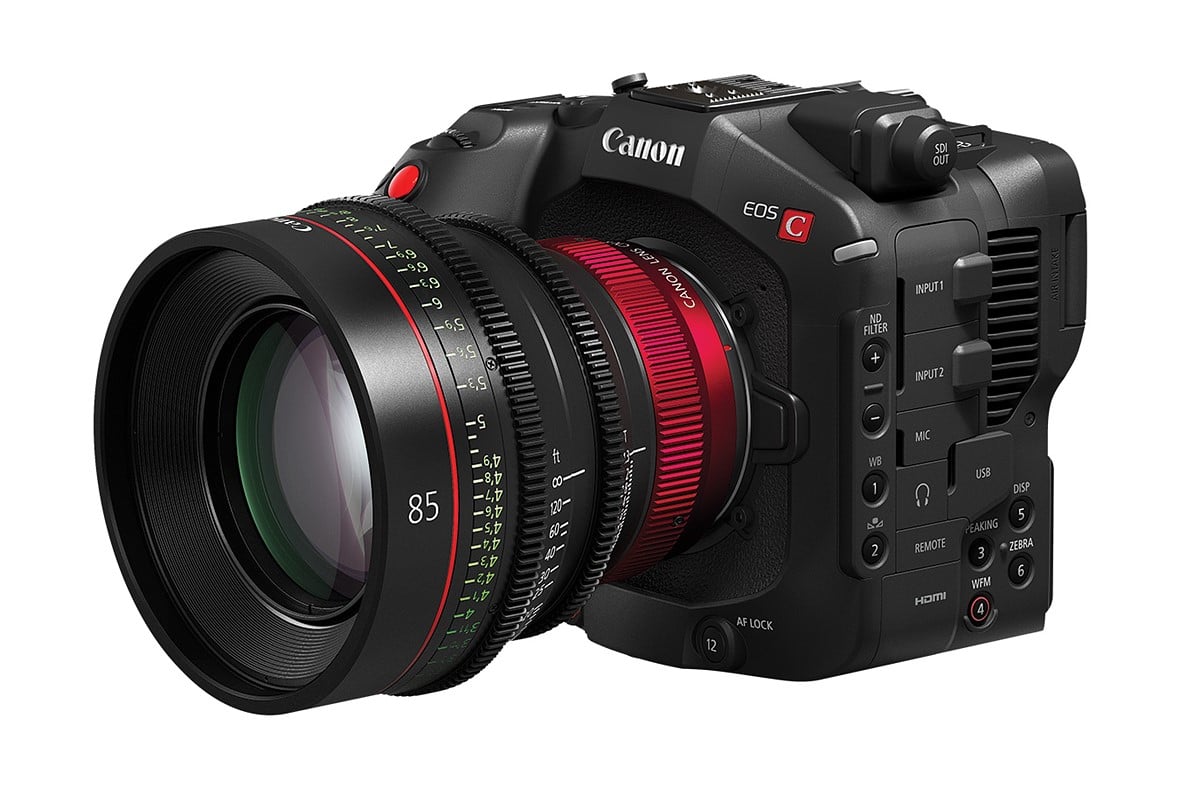
A Step Up from the EOS C70
Replacing the popular EOS C70, the new C80 builds on its predecessor’s success by incorporating a full-frame stacked sensor instead of the smaller Super 35mm sensor found in the C70. It maintains the compact form factor but offers significant advancements in performance and flexibility, including the removal of the EF-to-RF 0.71x optical adapter, making the camera a more streamlined option for those who prefer the RF ecosystem.
Cutting-Edge Sensor and ISO Performance
The heart of the EOS C80 is its 26MP full-frame stacked CMOS sensor, which can capture video up to 6K resolution. It features a triple-base ISO design with bases at ISO 800, 3200, and 12,800, allowing for exceptional performance across a wide range of lighting conditions. The dual-gain system enables the camera to switch between different readout paths, optimizing for either high dynamic range or low noise, depending on the shooting environment. Canon has hinted at a third readout option that could further extend this flexibility, and we are eagerly awaiting more technical details on this capability.
Advanced Autofocus and New Features
The C80 is equipped with Canon’s latest Dual Pixel AF II, which significantly expands the autofocus area on the sensor and introduces enhanced people and animal tracking capabilities. The improved readout speed makes the autofocus system more responsive, while a new feature allows users to easily switch focus between subjects using the manual focus ring. This makes it easier to execute complex focus pulls, a valuable tool for filmmakers looking to achieve professional-quality footage.
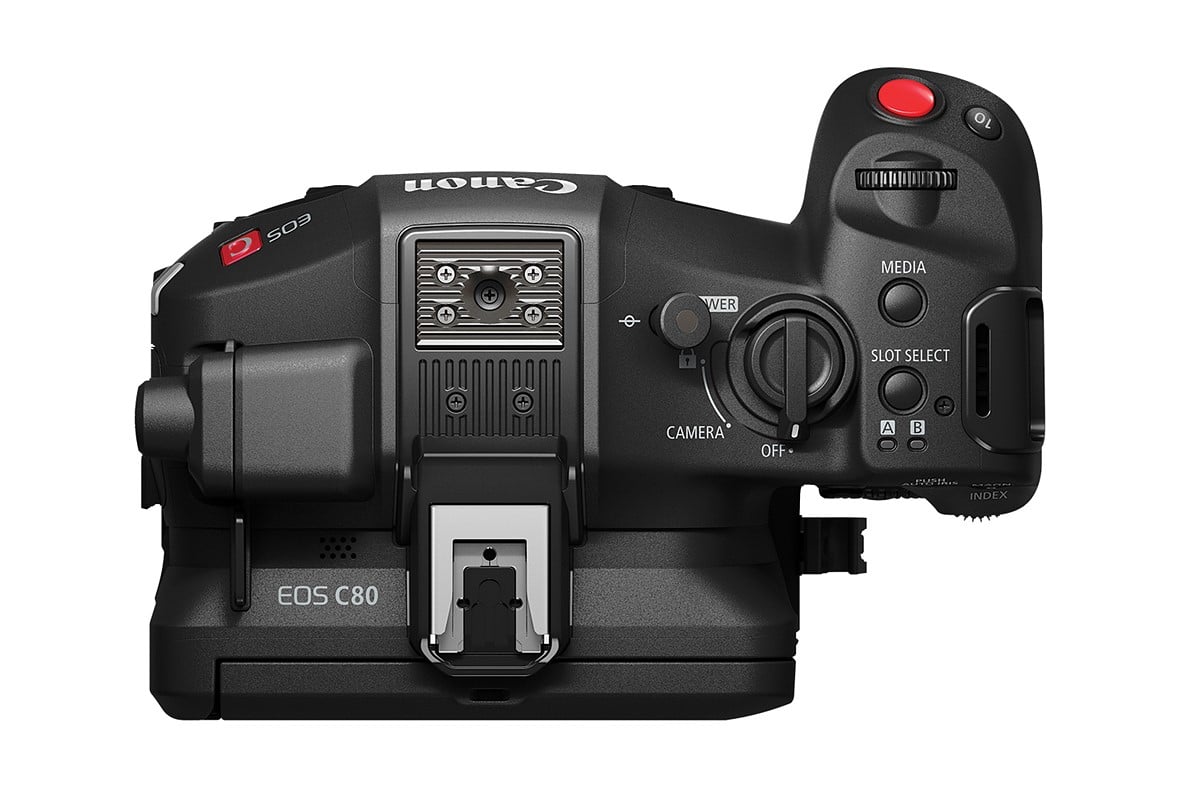
Comprehensive Connectivity and Versatility
Canon has equipped the EOS C80 with a robust array of connectivity options. It includes 12G-SDI terminals for uncompressed video output, a full-sized HDMI port, two mini XLR audio inputs, and a Time Code terminal. Additional features such as Canon’s multi-function shoe, a lightweight handle accessory, and multiple tripod threads enhance the camera’s versatility, making it suitable for a wide range of shooting scenarios.
Expanded Codec Support and Recording Capabilities
The C80 supports three sets of video codecs, including the same ones found on the Cinema EOS C400 and the EOS R1 and R5 II. This alignment of codecs across Canon’s lineup simplifies the workflow for professionals who use multiple EOS cameras. The C80 can record up to 6K/30p video using the full width of its sensor or up to 4K/60p with a Super 35mm crop, using Canon’s Cinema RAW LT codec. Compressed codecs such as XF-AVC and XF-HEVC S are also supported, offering up to 4K/60p in 4:2:2 10-bit color.
The camera also includes slow-motion recording options with frame rates up to 4K/120p and 2K/180p, with autofocus support up to 120p. For those working with anamorphic lenses, the C80 offers support for 2.0x, 1.8x, and 1.3x de-squeeze modes, and it features a new vertical interface for shooting in a portrait orientation.
Battery and Recording Time
Canon has introduced two new batteries with the C80: the BP-A30N and the BP-A60N. The BP-A30N, included with the camera, offers up to 170 minutes of continuous recording, while the BP-A60N extends this to 335 minutes. Users can still use the previous non-N versions of these batteries, though they will have shorter operating times.
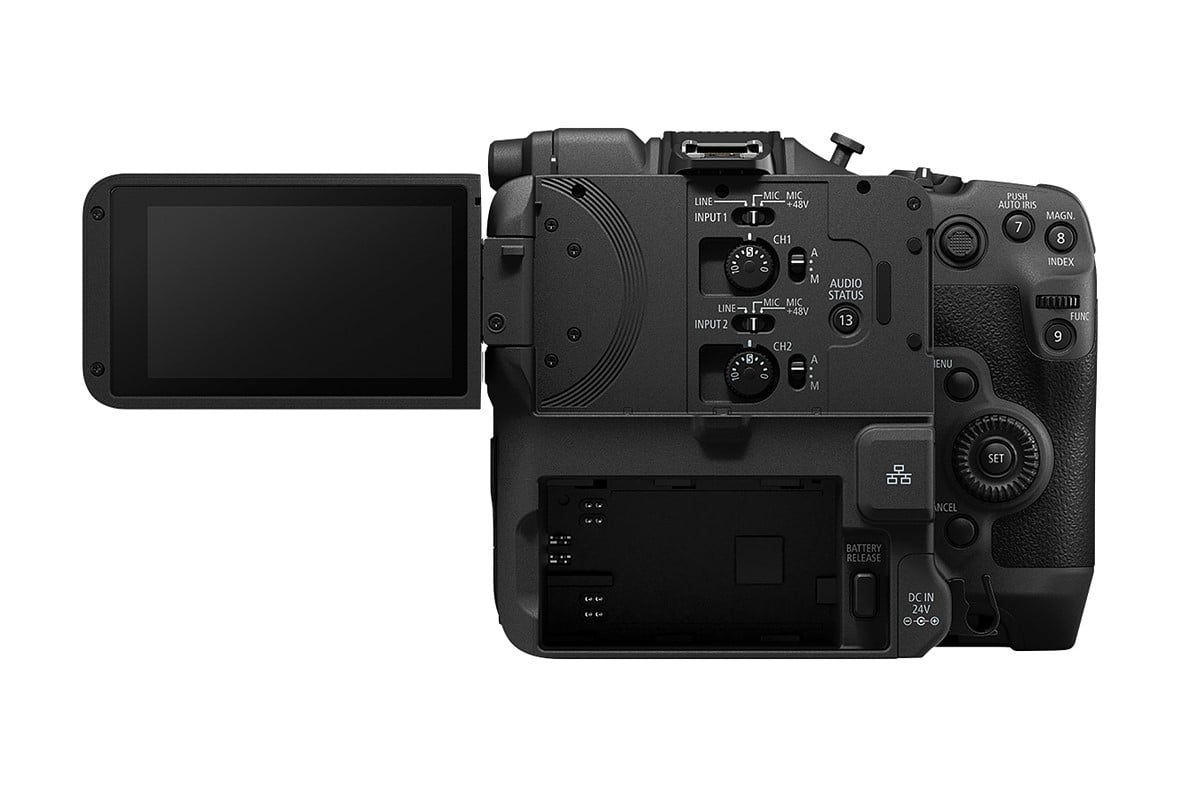
Pricing and Availability
The Canon EOS C80 is set to be available in November 2024, with a suggested retail price of $5499. This camera is expected to be a game-changer for creators looking for a compact yet powerful tool for high-quality video production.
With its impressive combination of features, the EOS C80 bridges the gap between Canon’s mirrorless and professional cinema lines, offering a versatile solution for filmmakers and video professionals alike.
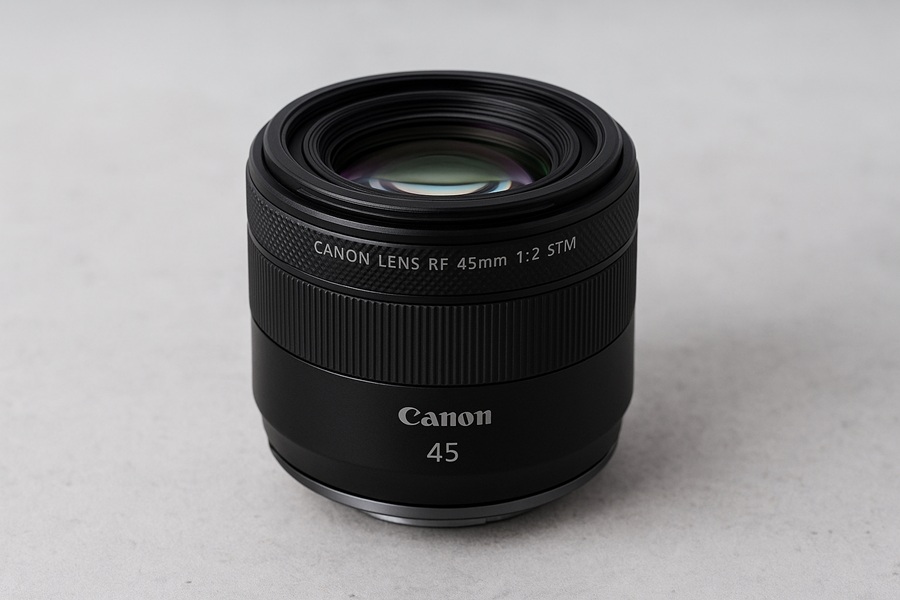
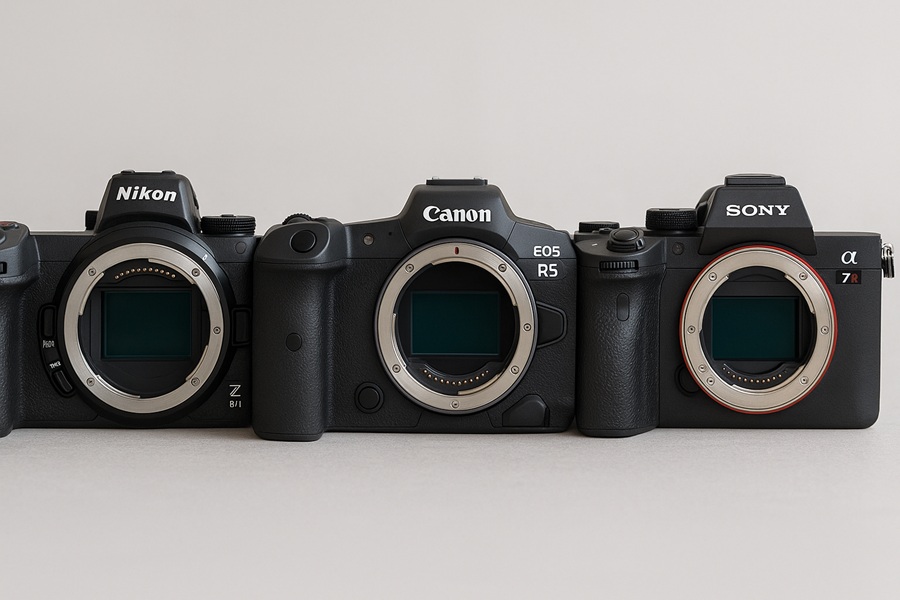

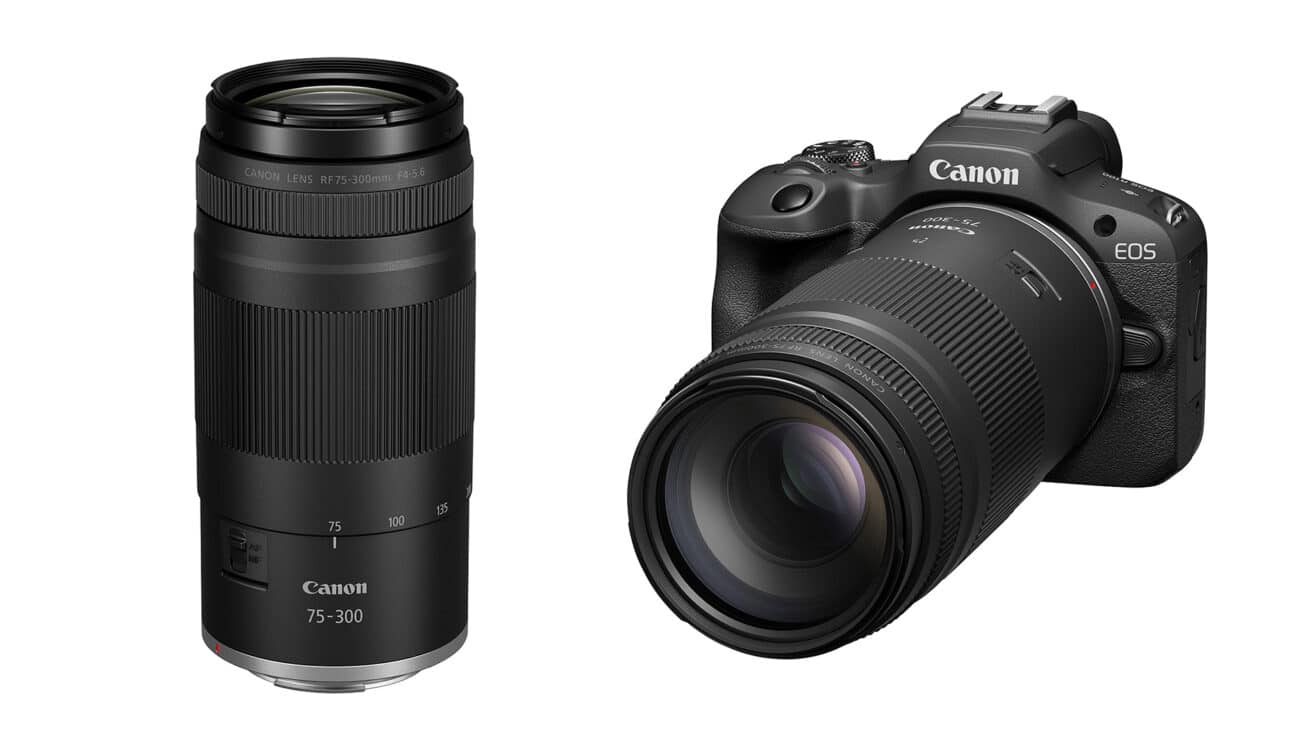
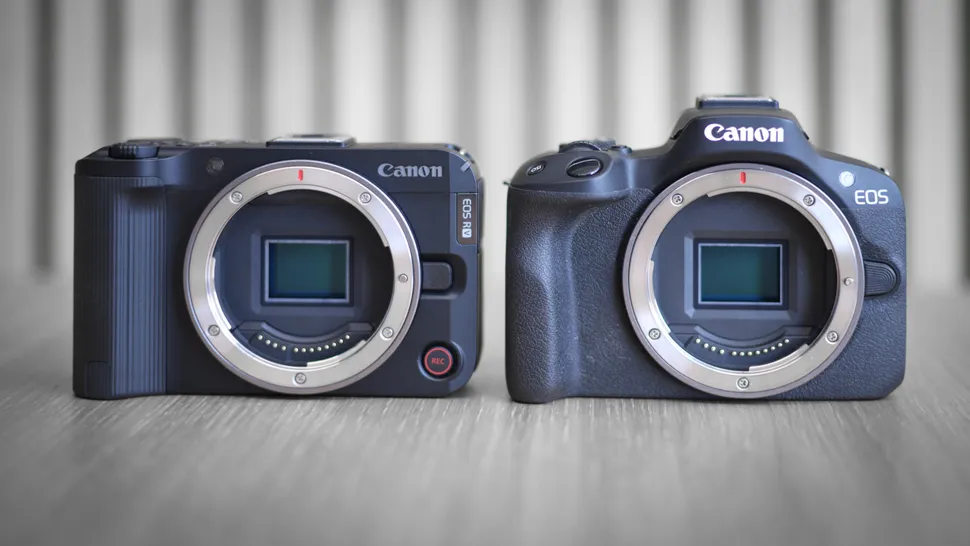
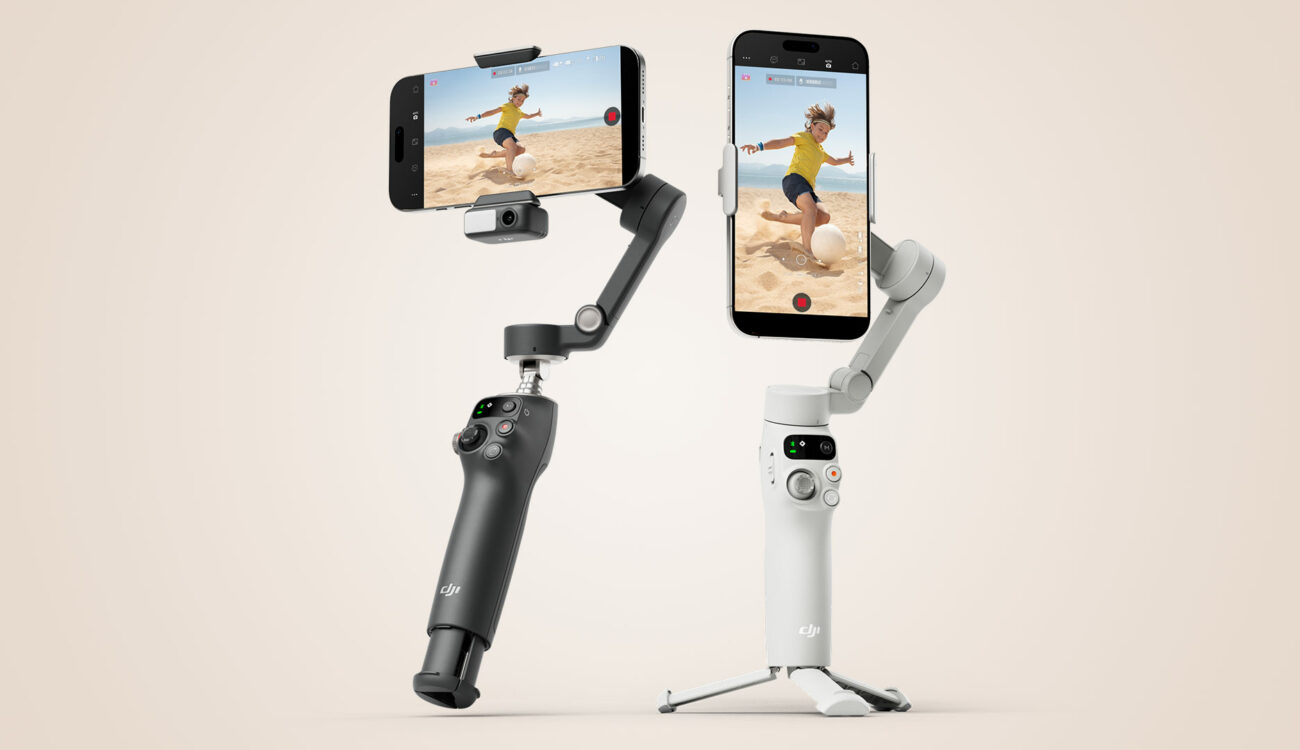
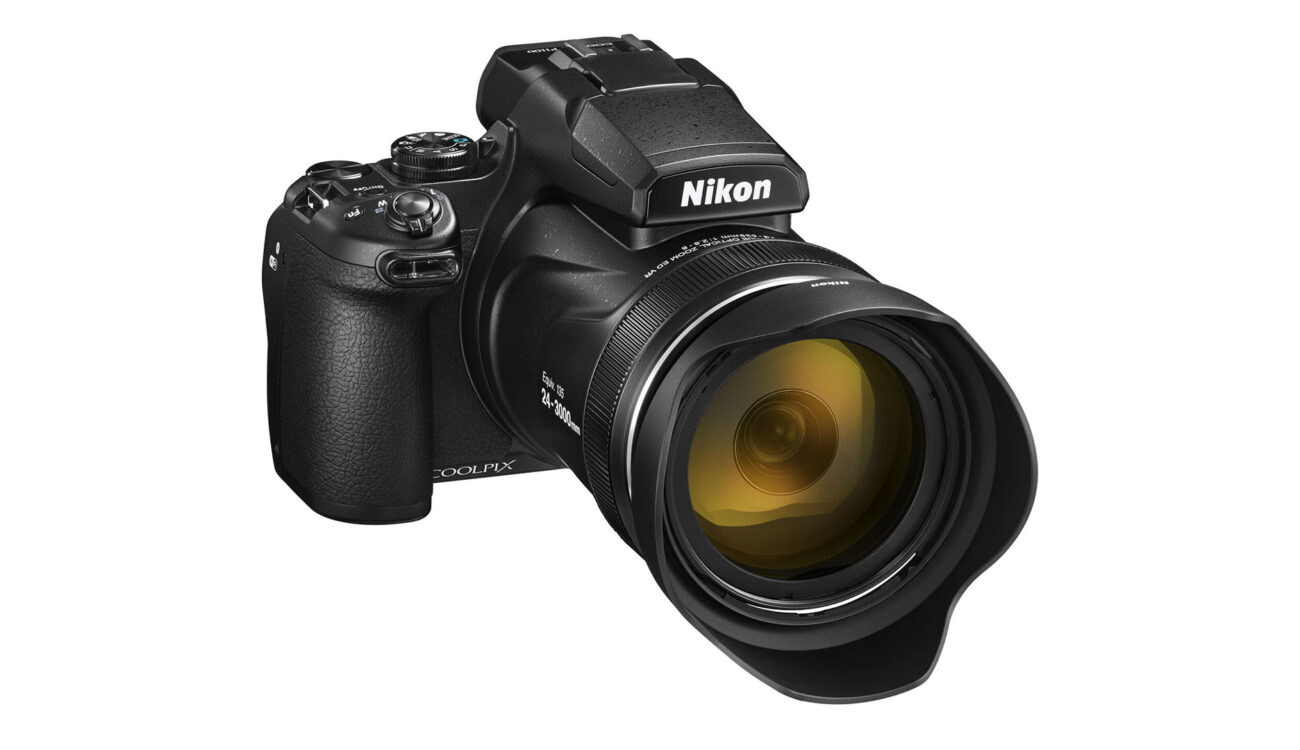

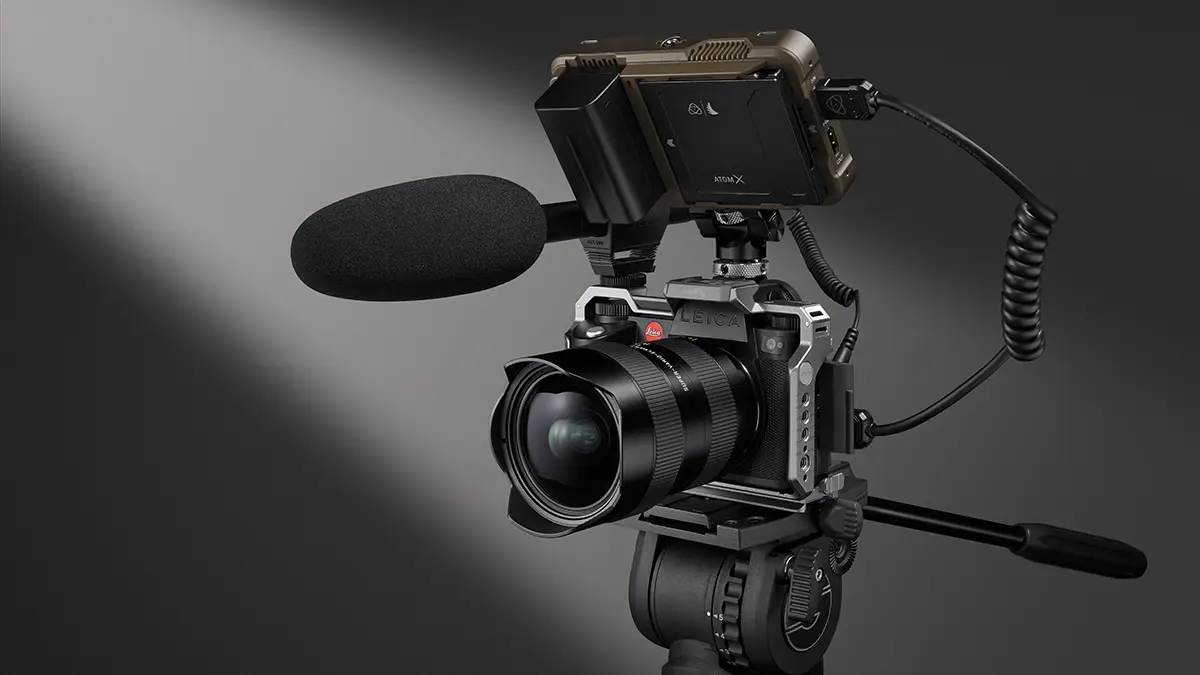
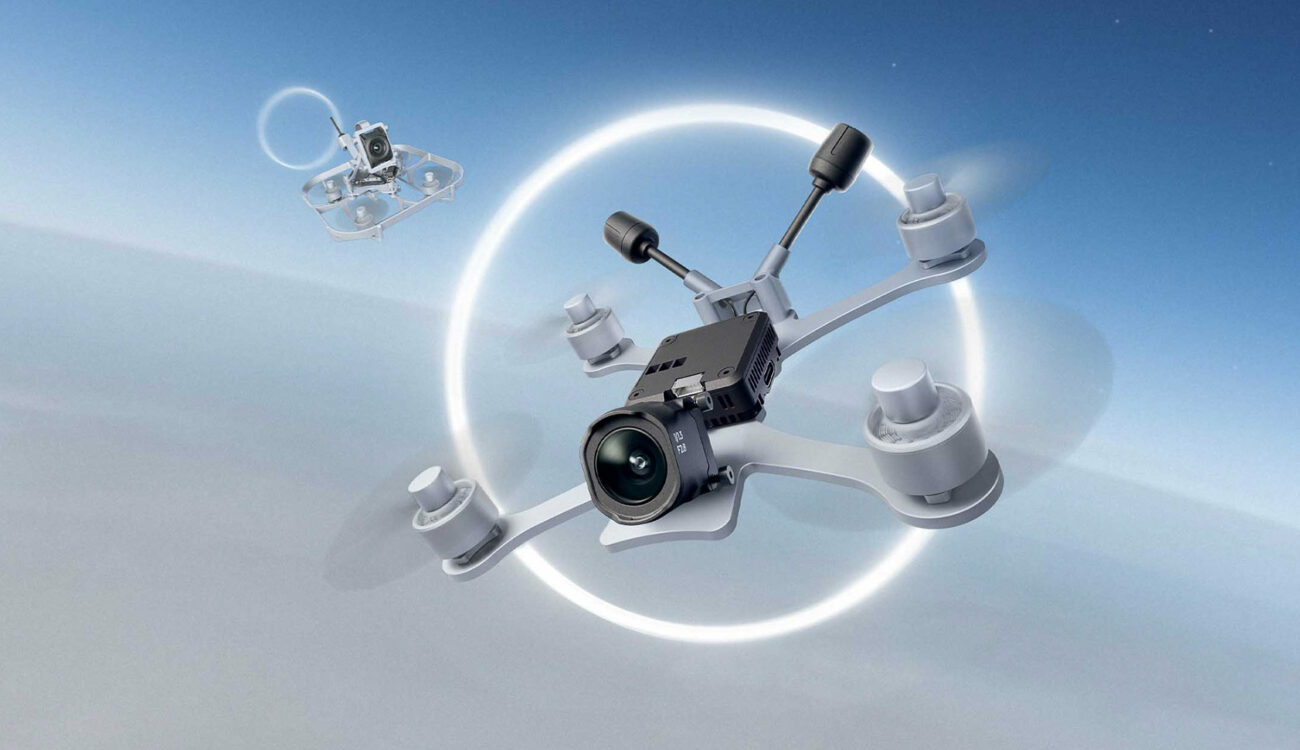

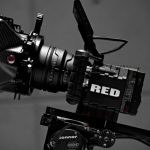 Cinema Cameras
Cinema Cameras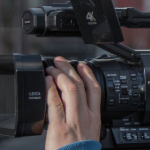 Pro Camcorders
Pro Camcorders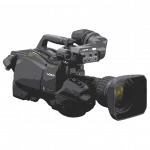 System Cameras
System Cameras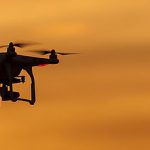 Drones
Drones